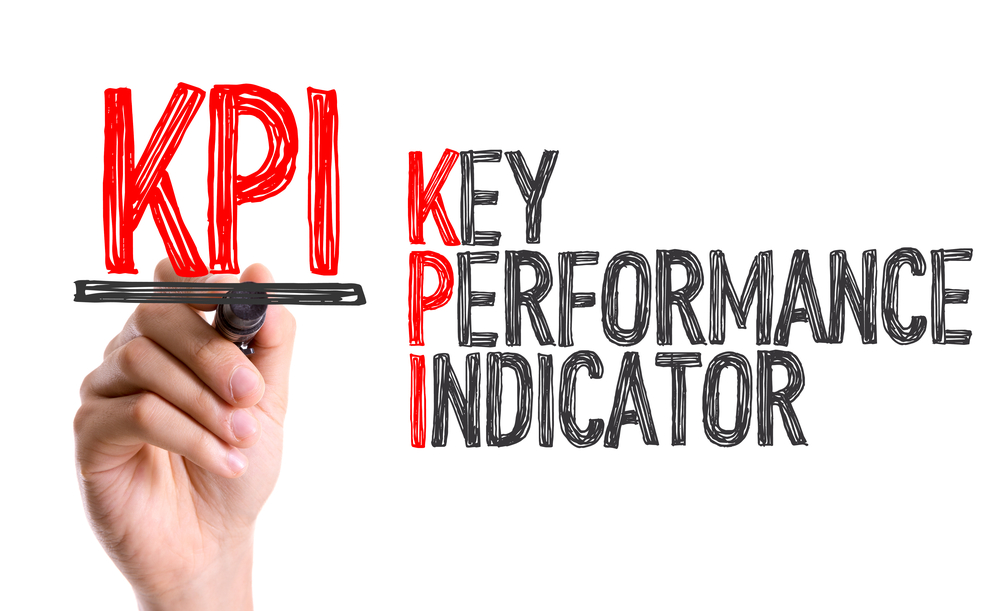The modern manufacturing business is challenging. Multiple factors, such as the increasing cost of raw material prices, continuing load-shedding, challenges managing shop-floor processes, and a weak economy all contribute to the uncertainty of running the business. Business owners know that digital technologies have already led to manufacturing process improvement, resulting in increased efficiency and better overall business performance.
Business Automation and Software Blog
Robert Baran
Recent Posts
Manufacturing Tech Good Fit for Optimizing Process Improvement
Take Steps to Introduce Quality Management to Your Manufacturing Facility
Quality management (QM) is the series of steps that ensures activities required to make products are performed to the highest possible standards. QM requires a commitment from everyone involved in the company, from the executive suites to the shop floor, to follow the stated quality policy. As a manufacturer interested in introducing QM to your facility, you need to know the specific strategies needed to make it a success.
Topics: quality management
Calculating ERP ROI: How to Find the Tangible Benefits
Before your company embarks on an Enterprise Resource Planning (ERP) implementation journey, it’s crucial to build a business case to calculate the potential ERP ROI (Return on Investment), Taking this step will shine a light into all the corners of the business to reveal the challenges and pain points that are holding the business back.
Topics: ERP ROI
5 Ways AI Gives You an Edge in Your Inventory Management
Keeping track of goods is one of the most challenging aspects of running a business that carries inventory. If you have been relying on spreadsheets or another outdated system to manage your inventory records, you have no doubt been finding the process challenging. Deciding to use AI in inventory management means the records will always be up to date, along with several other advantages.
Topics: AI in Inventory Management
AI in Manufacturing: a Major Force for Change
Artificial intelligence (AI) has become a transformative force in multiple industries, including manufacturing. AI in manufacturing has introduced a significant change in the industry with its potential to impact production, improve efficiency, and drive innovation.
Topics: AI in manufacturing
Inventory Management Automation Vital for Manufacturers and Distributors
For today’s manufacturing and distribution companies, inventory management automation is the answer to issues they are having with forecasting, tracking inventory, and fulfilling orders promptly. Access to more real-time data and a higher level of transparency streamlines business processes.
Topics: inventory management automation
Company CFOs Straddling Business Budget and Technology
Traditionally, a company’s Chief Financial Officer is responsible for overseeing its business budget, including planning and forecasting. The 2022 edition of Sage Global Planning, Budgeting, Forecasting, and Reporting survey addressed this trend and included details about how leading company CFOs approach these business practices.
Topics: business budget
Digital Transformation: How to Move Accounting to the Cloud
Accounting software in the cloud is quickly becoming a common choice for many businesses. According to Gartner Research, the majority of companies plan to implement a cloud-first strategy by 2025.
Changing a company’s financial management and business systems to the cloud may seem like a daunting task. Numerous organizations have concerns about whether they have the right combination of personnel, skills, and technology available to put this type of digital transformation in place.
Topics: digital transformation
If you own or manage a distribution business, you’re already aware that it is a thin-margin venture. It’s not unusual to lose money on many of the items you have in inventory. The entire wholesale-distributor industry achieves an average net profit of 4% annually (The National Association of Wholesalers and Distributors). Distribution companies that achieve these profit levels (or higher) rely on monitoring distribution KPIs (Key Performance Indicators) to control expenses and maximize profits.
Topics: distribution KPI
The manufacturing CFO’s role within a company has changed in recent years. Modern CFOs have moved from the back office where their role was seen mainly that of being a number-cruncher or a financial risk manager. Today, the CFO works with massive amounts of data within the company. SYSPRO is the right choice to assist manufacturing CFOs when facing the multiple challenges (and opportunities) of the modern business world.
Topics: manufacturing CFO












 © 2019 PositiveVision • 219 E. Thorndale Ave. Roselle, IL 60172
© 2019 PositiveVision • 219 E. Thorndale Ave. Roselle, IL 60172